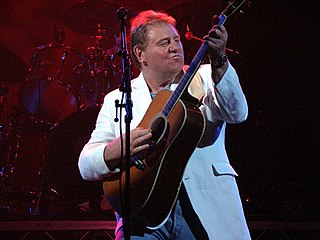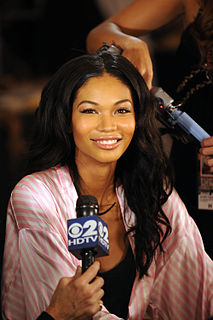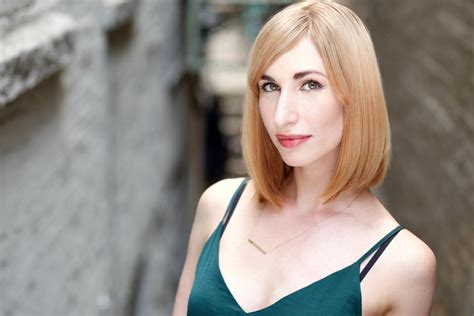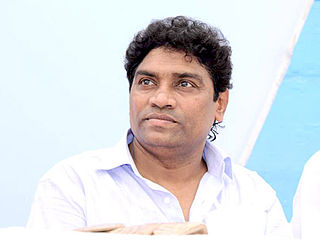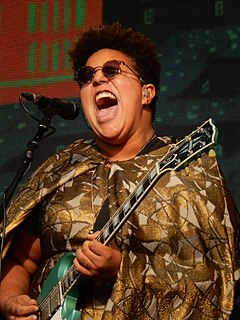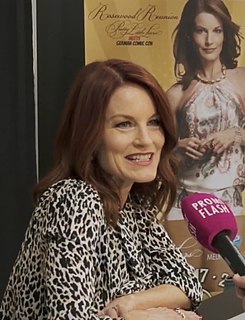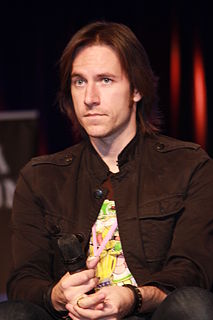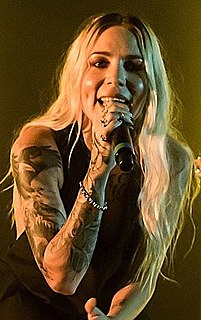A Quote by Greg Lake
Most of my career has been about standing on a stage performing music to an audience, and once the show is over, they go home and I go on to the next show.
Related Quotes
It [The Esemblist] is also about the generation of audience members that are watching shows and listening to us at the same time; hopefully, in time, when they listen to our show and then go see a show, they'll realize even more what it takes to make a show, and they'll know even more about everybody on stage, rather than just people above the title of the show.
I think it's because if I have the time I take the time to sign every autograph I can after a show. I'll go out of my way when a lot of other guys wouldn't do this. Things like that create so much longevity in your career because that guy or girl you met that night will go home and talk about how cool Jeff Hardy was that night and then that makes their friends want to come out to the show next time you're in town.
When you're on stage performing stand-up, things only happen one time. I've done bits where I improv a joke, and people are dying. The next show, I try to repeat it, I can't do it. Because with the first audience that was our moment. It can't happen the same way again. We were all there: a certain type of people were at that show and we all got it.
My first show was in Patkar Hall next to Bombay Hospital. It was a total flop. I was so nervous standing in front of all those people that I completely froze. I forgot all my lines and the audience booed me off the stage. I realised that day that you have to earn the audience's appreciation. They aren't fools.
I was on 'Melrose' at a time where we had to all go home and be there at the same time when the show was on, or set your VCR. But that was a big thing, and people of my generation still talk about that. They remember where they were, at what point of their lives that show came, and then talking about it the next day.
I've never gotten over what they call stagefright. I go through it every show. I'm pretty concerned, I'm pretty much thinking about the show. I never get completely comfortable with it, and I don't let the people around me get comfortable with it, in that I remind them that it's a new crowd out there, it's a new audience, and they haven't seen us before. So it's got to be like the first time we go on.
Don't Look Down” is her official debut as Skylar Grey, the singer, born Holly Brook Hafermann and raised in Mazomanie, Wis., has been making albums since she was a tween. Grey and her mother sang as a folk duo under the name Generations; they released three indie discs. “I learned a lot about professionalism, how the show must go on even though I feel like [expletive] sometimes,” Grey remembers. “I have a lot of experience in the studio, performing onstage, talking to an audience. I learned most of that stuff when I was performing with my mom.
